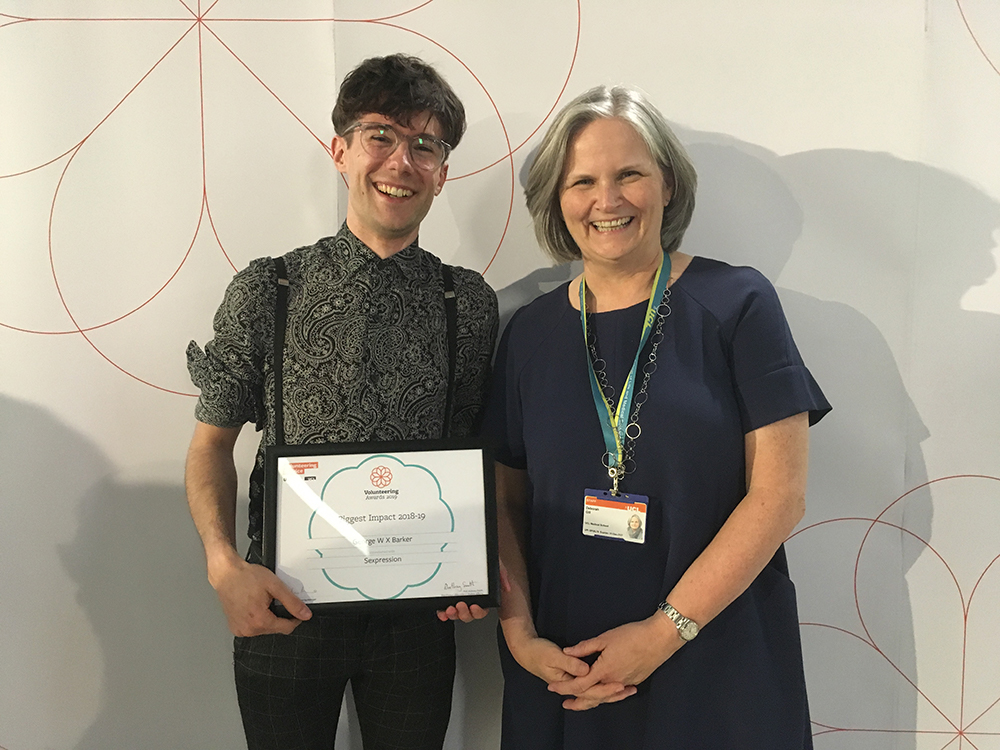During his seven years at UCL Medical School, George has enjoyed contributing time to a variety of educational projects. In April 2021, he was named as the national LGBT+ Undergraduate of the Year.
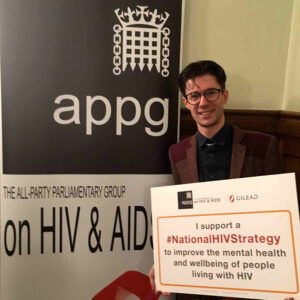
After taking an SSC in Relationships and Sex Education (RSE), which involved teaching a comprehensive and inclusive RSE curriculum in secondary schools in North London, George joined the committee and has taught on the SSC for six years. This involved creating lesson plans, seminar activities and running assessments to train SSC students to deliver RSE in schools. RSE is viewed by some as a ‘taboo’ subject, but George believes it is important information that is crucial for young people, so they can make their own informed choices. Some schoolchildren and teachers can make session delivery difficult, requiring a unique set of skills. Once barriers are broken down and discussion begins to flow, the sessions consistently receive positive feedback, and the pupils enjoy talking about topics they haven’t considered, or aren’t normally able to. In addition, George liaises closely with the Medical School to ensure that the assessments of the SSC students are run to the high quality expected by the university.
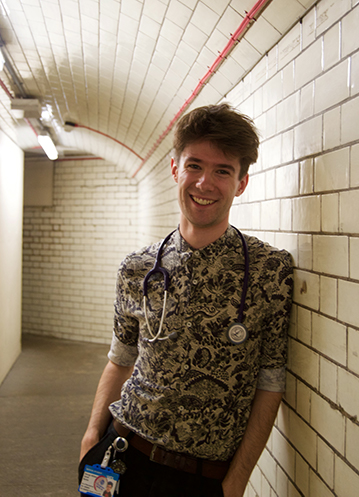
George was the coordinator of the project for a year which involved overseeing its day to day activities, and he managed to expand the programme to include more talks from external speakers and researchers which were open for anyone at the medical school to attend. They were well attended and received good feedback for holding talks on topics that were not covered in other parts of the MBBS curriculum, such as on HIV and blood donation, and the importance of teaching about consent in relation to sex. He was subsequently invited to lecture at the UCL Institute for Women’s Health on the Reproductive Health MSc, to a group of 20 postgraduates explaining the importance of RSE, and holds an ‘Occasional Lecturer’ post.
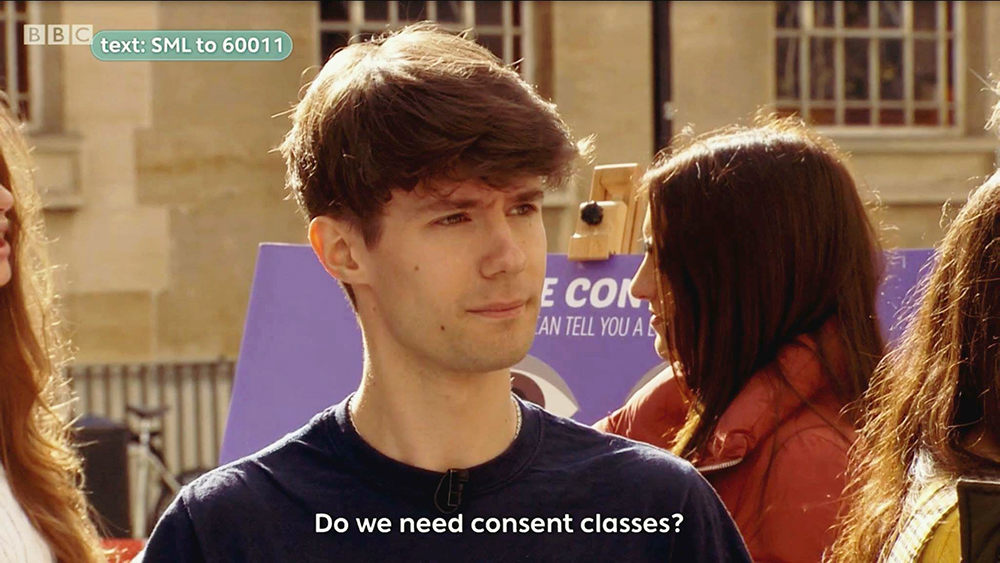
George then continued this work and became the National Director of the charity Sexpression:UK which oversees the day to day running of similar projects involving over 1000 medical students at over 25 universities across the country. He oversaw 3 national conferences featuring external speakers, workshops and presentations in 3 different cities, leading the organising committees and a £5000 budget. Additionally, his role involved working with the other directors to operate the charity, reporting directly to the board of trustees, and running national campaigns on consent and LGBT+ equality. George also conducted podcast, radio and BBC television interviews about the charity, and advocated for mandatory RSE at meetings in the House of Lords and Department for Education. He had to ensure compliance with charity law, financial regulations and child protection standards.
George has been an interviewer for UCL Medical School for 3 years and since starting medical school, has conducted mock interviews and given application advice for the Year 12 and 13s at his state secondary school. He feels is particularly rewarding to give back and help those, like himself, that have no doctors in their family.
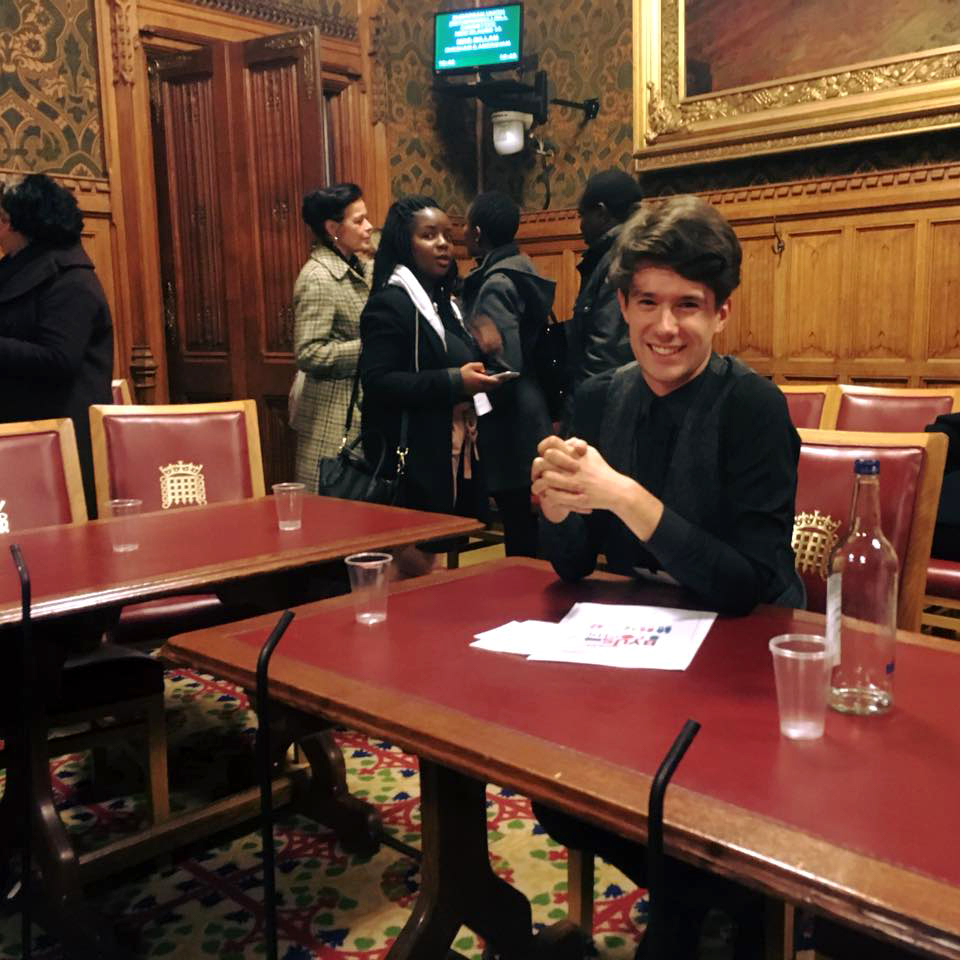
George has been a student representative, advocating for and on behalf of his cohort. This included collating feedback, liaising with faculty, and trying to drive and implement change. Additionally, during the COVID-19 outbreak, he was part of a core subgroup working to mitigate the impact of COVID-19 on the curriculum and preserve teaching quality. This included creating a blueprint for new ‘apprenticeship’-style placements for all clinical years and trialling it, improving it, and re-trialling it. This builds upon the work he did as a transition mentor, helping to settle new students into university. George worked on this subgroup alongside volunteering in ITU, where he was nominated (and subsequently shortlisted) for a national Healthcare Quality Improvement Partnership award by the consultants for work done co-ordinating the medical student response.
As a clinical student, George has enjoyed running OSCE practice sessions and mock examinations for lower years, providing feedback and suggesting improvements to history taking, examinations and practical procedures. This included organising and examining mock OSCEs for 4 sets of 15 pupils. The students found this to be very useful, given it had been tailored to UCL exams. Additionally, as an anatomy tutor, he spent over 20 hours instructing dissection to preclinical students, highlighting good practice and explaining fundamental anatomical knowledge, whilst applying this to clinical scenarios.
